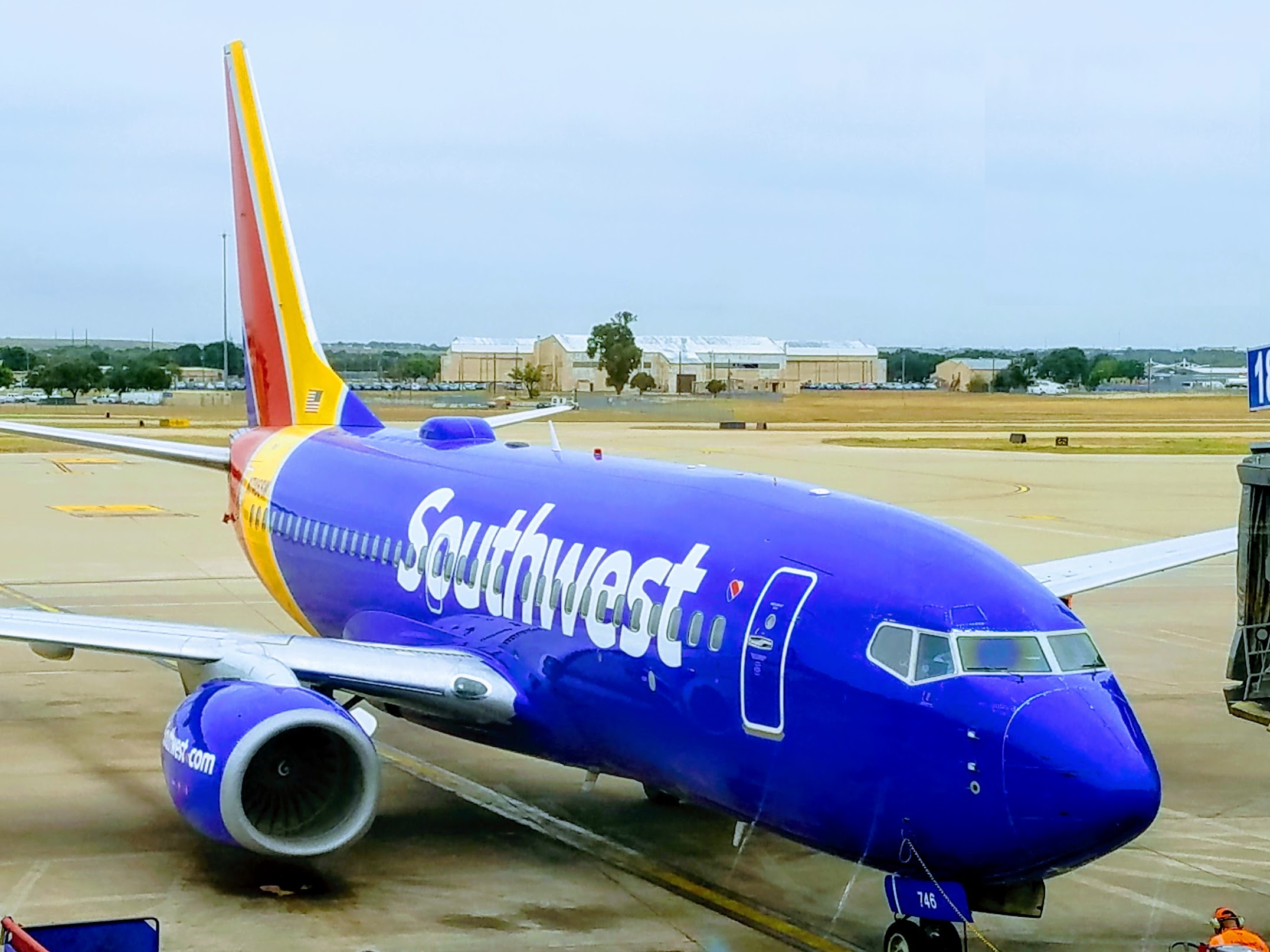The one really customer-unfriendly part of Southwest Airlines is their legal department. I consider them to be cyberbullies. They keep Rapid Rewards members from updating account balances through Award Wallet, they keep customers from being checked in automatically 24 hours out, they keep customers from tracking price changes (with no change fees, an informed customer could cut into revenue) and federal computer crimes laws are far too skewed towards giving companies power.
Southwest got SW Monkey, the site that helped you track fare changes, shut down quickly. The site complied with the demand that they stop running the service, but Southwest insisted they take down the site entirely and not tell customers what happened. When they failed to do so, Southwest sued. That suit is over and a court ruling over a motion to dismiss and a request for attorneys’ fees makes for fascinating reading (HT: Sexy_kitten7)

I understand why Southwest doesn’t want other websites to access their data, but this isn’t computer hacking it’s accessing a publicly available website and checking information that Southwest makes publicly available to the world. Southwest can outspend most small entrepreneurs on lawyers, and corporate lobbying has achieved a legal regime where the simplest actions can be criminalized.
Southwest doesn’t want people automatically checking in 24 hours out, because it might cut into Early Bird check-in revenue. They don’t want people automatically checking price changes, because consumers might save money. They want self-service to be hard. And it’s both fine and reasonable to want those things. It’s neither fine nor reasonable for the government to subsidize those things by threatening innovators who want to use publicly available information.


If they allowed users to track price changes on other sites, they would have to add a change fee. Other airlines used to provide a refund if the fare went down, but that was before these types of sites existed. It is no longer economically viable to refund fare differences AND have no change fees.
Well if your blog disappears we’ll know what happened 😉
I understand where Southwest is coming from. The suit says that Southwest claims “violation of its trademarks, computer fraud and breach of contract for violating the terms and conditions of its website.”… most of which appear to be true. I doubt you would want your brand splayed all over another website that you have no control over, especially when that website was designed to cut into your bottom line. I’d hardly call it “bullying”.
Removing barriers for businesses to do what they want is EXACTLY what deregulation is all about?
There’s public information, and then there’s public information that’s been crawled for, parsed, curated, and presented in a neat package to the detriment of the entity it concerns. I’m on Southwest’s side on this.
Same goes for price-tracking services that eventually killed Price Rewind, and similar technologies now implemented or promoted by banks like Capital One.